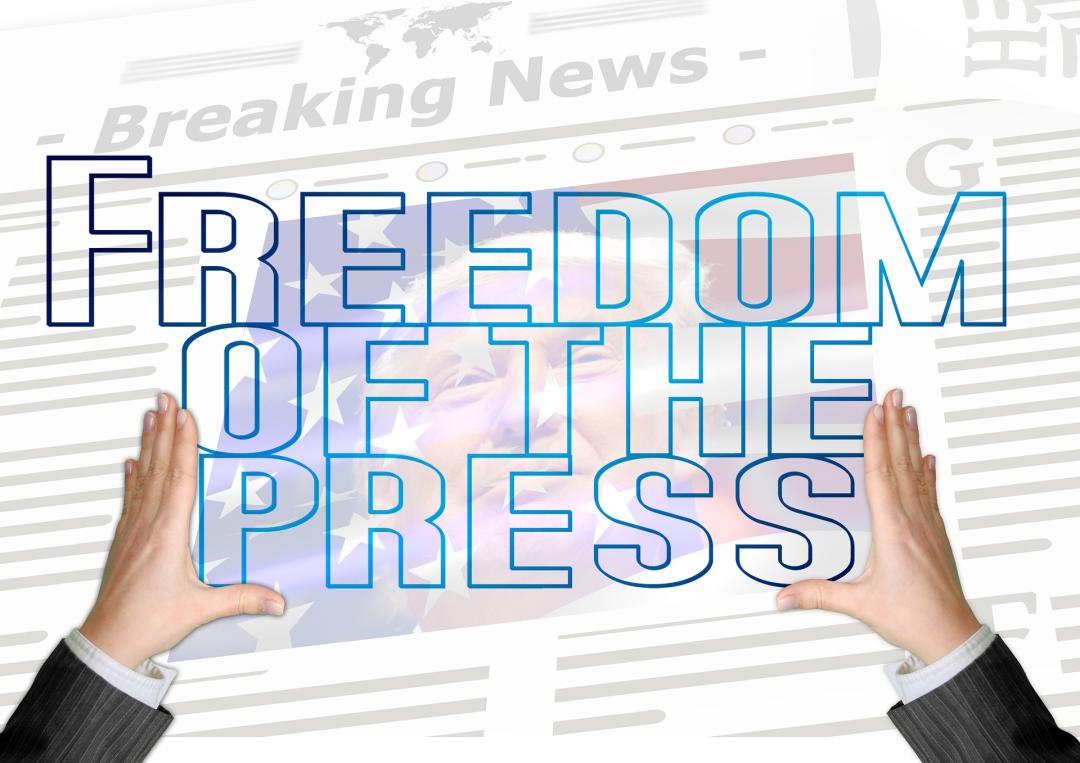
South Caucasus countries in World Press Freedom Index 2021

On 4 May, the international non-profit and non-governmental organization Reporters Without Borders (RSF) released its “World Press Freedom Index” for the year 2021. The Index ranks 180 countries and regions according to the level of freedom available to journalists. It is a snapshot of the media freedom situation based on an evaluation of pluralism, independence of the media, quality of legislative framework and safety of journalists in each country and region. It does not rank public policies, nor it is an indicator of the quality of journalism in each of the countries.
Armenia ranked 63rd, Azerbaijan 167th and Georgia 60th in this year’s edition. Armenia’s overall score was 28.83. The report highlighted that “media diversity has blossomed but the government that emerged from Armenia’s velvet revolution in the spring of 2018 has failed to reduce the media’s polarisation” in the country. It was further emphasised that the editorial policies of the main TV channels coincided with the interests of their owners and that transparent media ownership and journalistic independence are still far from being achieved. There is concern about the volume of judicial proceedings against journalists and about excesses in the fight against fake news. It was also said that investigative journalism is flourishing online in Armenia and is well placed to play a major role in a national offensive against corruption.
Azerbaijan’s overall score was 58.77. The report emphasised that the post-election crackdown, the Covid-19 crisis and then the war in Nagorno-Karabakh, all contributed to an increase in censorship and a worsening of the situation for journalists in Azerbaijan. “At least seven reporters were injured in the field and others only narrowly escaped being hit by military shelling. Foreign reporters found it harder to get accreditation and, once on the ground, many were unable to work freely,” the report read.
Georgia’s overall score was 28.64. The report underscored that Georgia’s media is pluralist but still very polarised, adding that the reforms of recent years have brought improvements in media ownership transparency and satellite TV pluralism, but owners and bosses still often call the shots on editorial content. The survey reviewed the situation and examples of opposition-minded Rustavi 2 TV channel and Adjara TV. The first media channel underwent a complete change in its editorial policy after the channel was restored to a previous owner, while the second began backing the ruling Georgian Dream party after new bosses were appointed and journalists were fired. “A disturbing trend is emerging, with attempts to interfere in media outlets by the security services and by the media regulator, the Communication Commission, whose prerogatives have gradually been extended to surveillance and censorship,” the report added.
From the South Caucasus neighbouring countries, Russia ranked 150th, Turkey 153rd and Iran 174th. The best ranked countries were Norway, Finland, Sweden, Denmark and Costa Rica.
See Also


Armenia Records 5.9% GDP Growth in 2024, Missing 7% Goal

Yerevan Balances Strategic Ties with Both US and Russia, Says Foreign Minister

FM Mirzoyan: Peace Deal with Azerbaijan Is Within Reach

Pashinyan and Erdogan Hold Call, Reaffirm Commitment to Ongoing Dialogue

